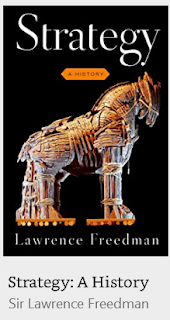Revolutionizing Legacy Systems: AI's Role in Tackling Technical Debt

Insights from WeAreDevelopers World Congress 2025, Berlin Yesterday at the WeAreDevelopers World Congress in Berlin (thanks Julia Kordick), I attended a fascinating session on AI-powered COBOL migration. As a management consultant working with public sector clients, this resonated deeply with our ongoing challenges in legacy system modernization. The Technical Debt Crisis Technical debt in public administrations and large organizations has reached critical levels. Like compound interest on a loan, postponed modernization efforts are making systems increasingly expensive and risky to maintain. AI as the Game-Changer Let me share two concrete examples of how AI is revolutionizing legacy system modernization: Example 1: Tax Processing System Traditional Migration: 20 developers × 18 months = 360 person-months Cost: ~$5.4M (at $15K/month) Quality: 85% code coverage AI-Assisted Migration: 8 developers × 6 months = 48 person-months Cost: ~$720K Quality: 95% code coverage Productivity G...






